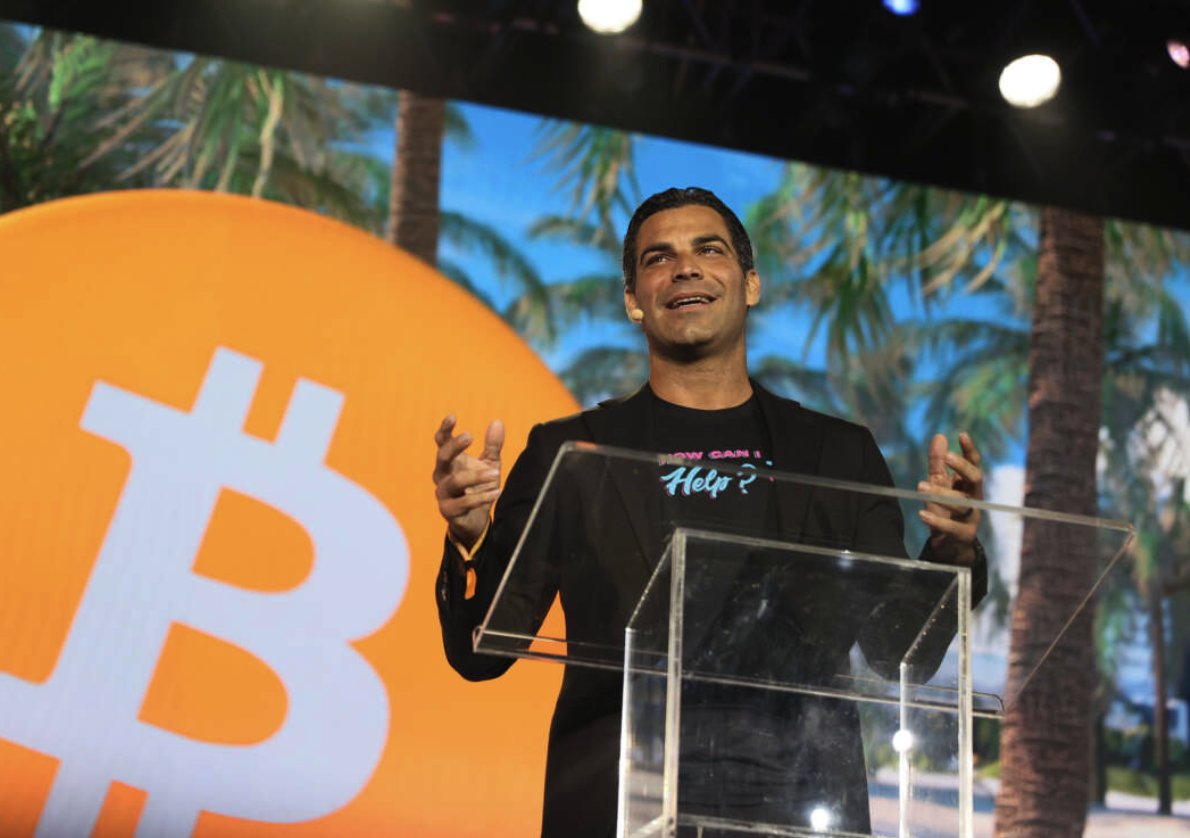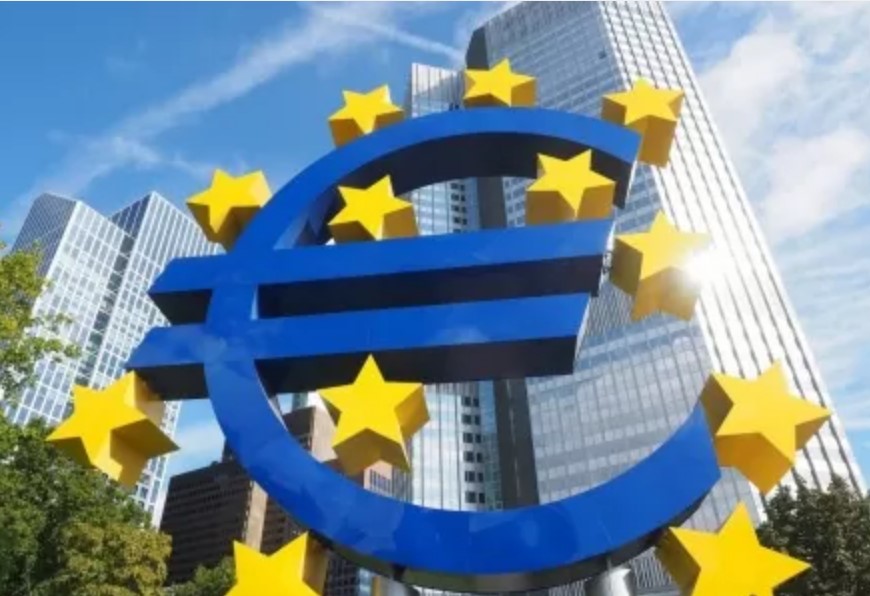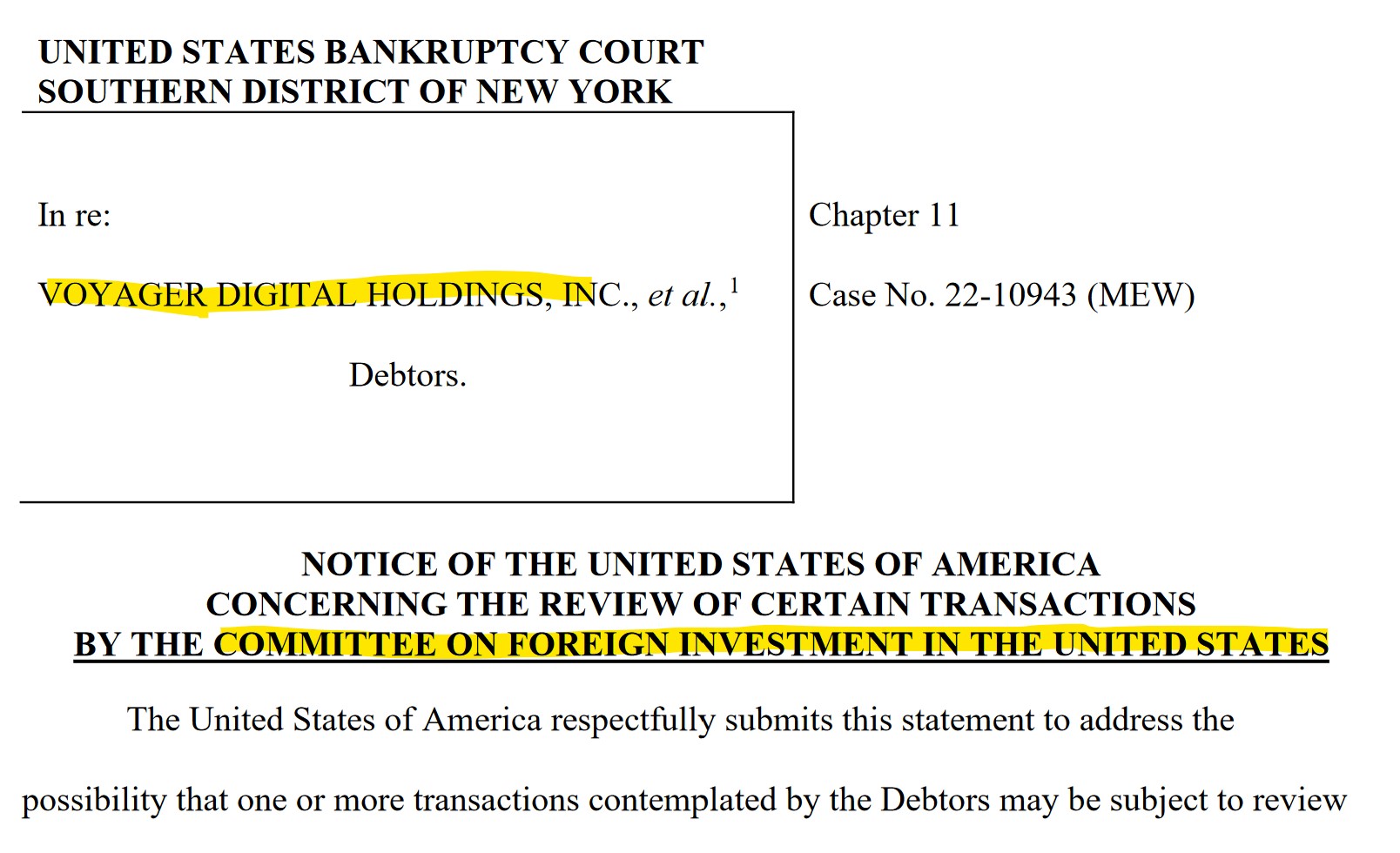Category: Politics
-

Former Austrian Chancellor Sebastian Kurz Faces Court Trial Amid Perjury Allegations!
•
In a critical legal development, former Austrian Chancellor Sebastian Kurz appeared in court to face trial on charges of perjury on October 18, 2023. This significant event follows allegations that Kurz made false statements to a parliamentary inquiry investigating alleged corruption during his tenure as the Chancellor1. Sebastian Kurz, once…
-

Central Banks’ Response to Rising Inflation Post-COVID-19!
•
The aftermath of the COVID-19 pandemic has brought about numerous economic challenges, with rising inflation being at the forefront. As economies worldwide grapple with the effects of unprecedented fiscal stimulus and supply chain disruptions, central banks find themselves in a delicate balancing act.
-

Mayor of Miami Francis Suarez Open to Accepting Bitcoin as Presidential Salary!
•
Mayor Francis Suarez of Miami, who is also a US presidential candidate, has made headlines by expressing his openness to receiving his salary in Bitcoin if he is elected as the President of the United States. This bold statement underscores the growing acceptance of cryptocurrencies at the highest levels of…
-

MiCA: The EU Welcomes Crypto As Part Of Its Monetary System!
•
While U.S. lawmakers and regulators struggle to deal with the crypto challenge, the EU has embraced crypto and made it part of the European financial system. Last week, the EU Parliament passed the Markets in Crypto-Assets (MiCA) framework establishing crypto as part of the European monetary system.
-

Popcorn Entertainment For Short Sellers: Fraser Perring vs Liam Byrne!
•
Labour MP Liam Byrne has been convicted of bullying a former staffer and will be suspended from the House of Commons for two days.
-

Connections To China Allegedly Concealed Crypto Exchange Binance!
•
According to reports, the world’s largest crypto trading platform Binance has concealed its connections to China. If the allegation turns out to be accurate, this could have severe consequences for the company.
-

French Protesters Storm BlackRock Headquarters In Paris In Rejection Of Pension Reforms!
•
Hundreds of French protesters stormed BlackRock’s headquarters in rejecting a new pension law passed in parliament without a vote.
-

Alibaba Plans To Split Into Six Companies!
•
The Chinese online retail giant Alibaba wants to split itself into six independent companies. This would transform the now monolithic tech giant Alibaba into a tech holding company, which is rare in China.
-

FinTech Blocks Bulletproof Vest Startup’s Account!
•
The startup Bulletproof Ukraine produces bulletproof vests for volunteers and journalists. Currently, founder Madina Katter can no longer pay outstanding bills. Payment service provider Wise has blocked the company’s business account.
-

U.S. Review Could Delay Or Block Binance Deal For Voyager Digital!
•
Binance’s $1 billion acquisition of bankrupt crypto lender Voyager Digital could be delayed or blocked by a national security review in the U.S., according to a bankruptcy court filing Friday. The US-based subsidiary of crypto exchange Binance.us intends to buy Voyager’s crypto lending platform with an offer that includes $20…
